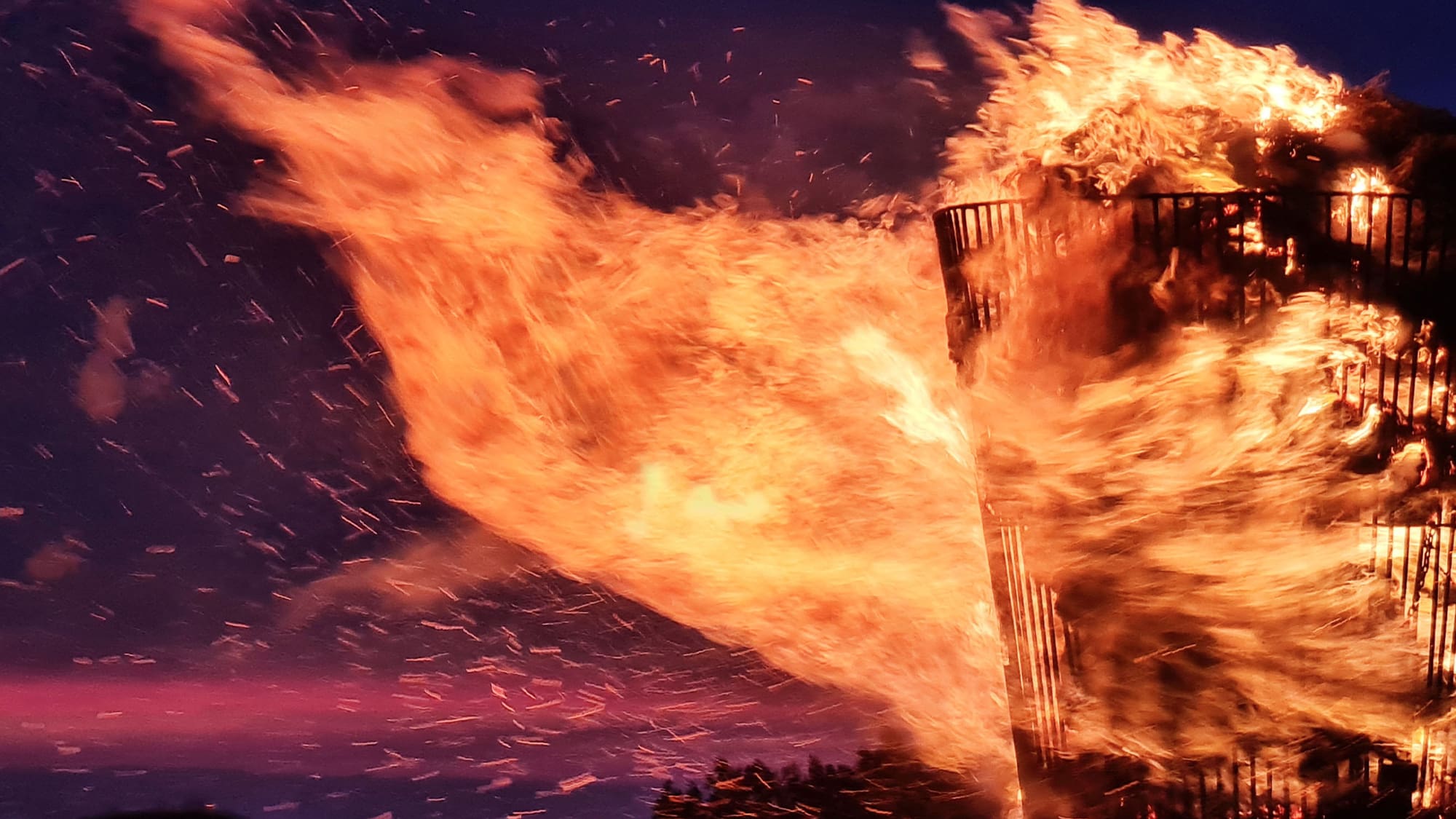

“Photography can only represent the present. Once photographed, the subject becomes part of the past.” – Berenice Abbott
Humour me for one moment here – Just do a quick check on your phone or portable digital, photo-capturing device. How many do you have? A quick scan of the studio reveals the best part of 100,000 images are sitting on our devices. There’s only five of us. Why so many?
Well, we struggle to let go any more, we have to have every eventuality covered. It’s just not enough to have a memento shot to help you recall memories of an event, you have to have multiple angles, some with you in and some with you not in, burst shots, super slo-mo. And videos. Bad ones of things that were probably brilliant in the flesh.
There are some main reasons for these infuriating behaviours (I speak as much about myself here as anyone!) are the now almost ageless pursuit of taking photos with yourself in them fueled by the social validation we all get from being liked online, and the fact that photography now really doesn’t have any cost implications or consequences, other than the power to charge a phone. Maybe if smart phones were sold as cameras with the ability to make a call we’d think differently. Maybe not.
For those of you reading this who were born before Britpop, do you remember how you looked at photos when you were a child? I remember in my much younger days a pair of photo albums, one brown and one yellow textured vinyl ring binders with plastic wallets. These were – pretty much – the record of my family’s modern history. The brown one was my sister and me as little children, peppered with the occasional much-loved pet; the yellow one was Mum and Dad’s ’before children’ album. You know the ones, Mum and Dad looking young and carefree, sun-kissed, tousled and generally blissfully ignorant of what was to come. As photographic film and processing became cheaper, there were more albums added to the shelves over the years, but these are the ones that I remember. The order of the photos, the varying shades of orange that each one had turned over the years, the one with the thumb over the lens that had to be kept as it’s ‘the only one we’ve got of Uncle Reg’
Unless you shared a house with a very keen amateur photographer, the flaws in the photos, the blur, the excessive (or lack of any) flash, the wonky angles or the random photo-bombers all formed part of the memory of the albums as much as the photos themselves. And we all accepted that was the way it was.
Move forward thirty years and digital arrived, got better and better and now phones are able to take images capable of being enlarged to billboard size, with every possible treatment and filter available at the touch of a button – and boy, do we love it.
The problem now is that subliminal anxiety has crept in that if we don’t capture every possible angle of an event, we’re missing out. Because we can, we should. Because we were there, we need to prove it. Prove it to whom though? Ourselves? Our social media cohorts? Generally we only post the best stuff online, so why keep the also-rans that we didn’t deem good enough at the time?
When we have young children we especially want to capture every moment for posterity, even if that moment is ten different shots of the cheeky wee cherub doing one single thing. Ten years on from that moment, all our brains need is a reminder of that time to conjour up the specific memories. Before the teeth fell out, after the teeth fell out. Before school, starting school. Finishing school.
Here are my top five arguments for being ruthless with your photos.
1. You will look at them more
When you have one shot per scene or event, it’s an altogether richer and more stimulating process to look back and bring to mind all that happened around that photo. What was going on that day, in the background, behind the camera and so on. It keeps your memories more alive, more accessible and more real.
2. Your photography will improve greatly
By only keeping the best one of ten shots, you are holding yourself to a higher standard the next time you take a similar shot, of a scene or a person – try to look at the one you keep and discern why you’re not getting rid of it instead of another. Whatever it is, one great shot will have a bigger lasting impact than nine other average ones.
3. It saves time
How many times have you said ‘I must go through these one day and sort them out’? It can mean different things, but for the main we’re saying to ourselves – I know there’s a lot of crap in there, I need to weed out the bad ones and just keep the ones I like. Chances are, if you’re anything like me – that’s not going to happen. By deleting as we go, we’re live-creating the portfolio we want. Way more enjoyable to look through, to show others, and to use for creating printed books, calendars, cards and so on.
4. Your story will be more likely to survive after you’ve gone!
I know, it’s an odd sounding one, but bear with me… For anyone who has lost a loved one and had to do the house clearance, there is a moment when the old photographs are found and however emotive, they are often presented as a low volume, easy to flick through record of a person’s life (or sections thereof) which brings warmth, memories and even education. When we take photos we’re often keen to eradicate seemingly pointless background clutter and focus on the subject in hand – there are plenty of apps to expediate this – but when we’re looking back, it’s all this stuff that draws the eye. Comments like: “OMG I had one of those – everyone did!” or “My dad drove one of those – was always breaking down.” Because the volume of images is low, it’s a great, enjoyable, nearly always emotional process. In today’s world, on average we take about half a million photos each over our lifetimes, by not being ruthless when we take them, we’re passing on the organisation burden to the next generation who, when faced with that mountain are far more likely to do nothing with it.
5. It’s better for the environment
This one sounds a bit tenuous but appears to be rooted in truth. Every photo taken and stored digitally, uses power. One figure out there is that in Britain alone each year, unwanted photos have the same carbon footprint as flying the entire population of Chelmsford to Australia and back. Crazy! In the name of balance though, here is a blogger who disputes those figures. (https://davidmytton.blog/dirty-data-carbon-footprint-of-photo-storage/) Either way, extrapolated across the planet, unwanted photos use A LOT of energy.
The power of photography is in capturing the fleeting moment. Letting our imaginations fill in the blanks, recall the highs and the lows and to tell a story in one brief capture. It titillates, teases, enrages, saddens and relieves. We need photography in everything we do and we hold it so dear to our way of life.
Shoot more, snap furiously at everything you see – take shots upside down, underwater, jumping out of a plane, at a wedding, funeral, birthday, graduation and beyond. Night, day, wherever you like. And when you’ve done that, be brave and hit delete more often than not. You’ll thank yourself when you’re looking back.


